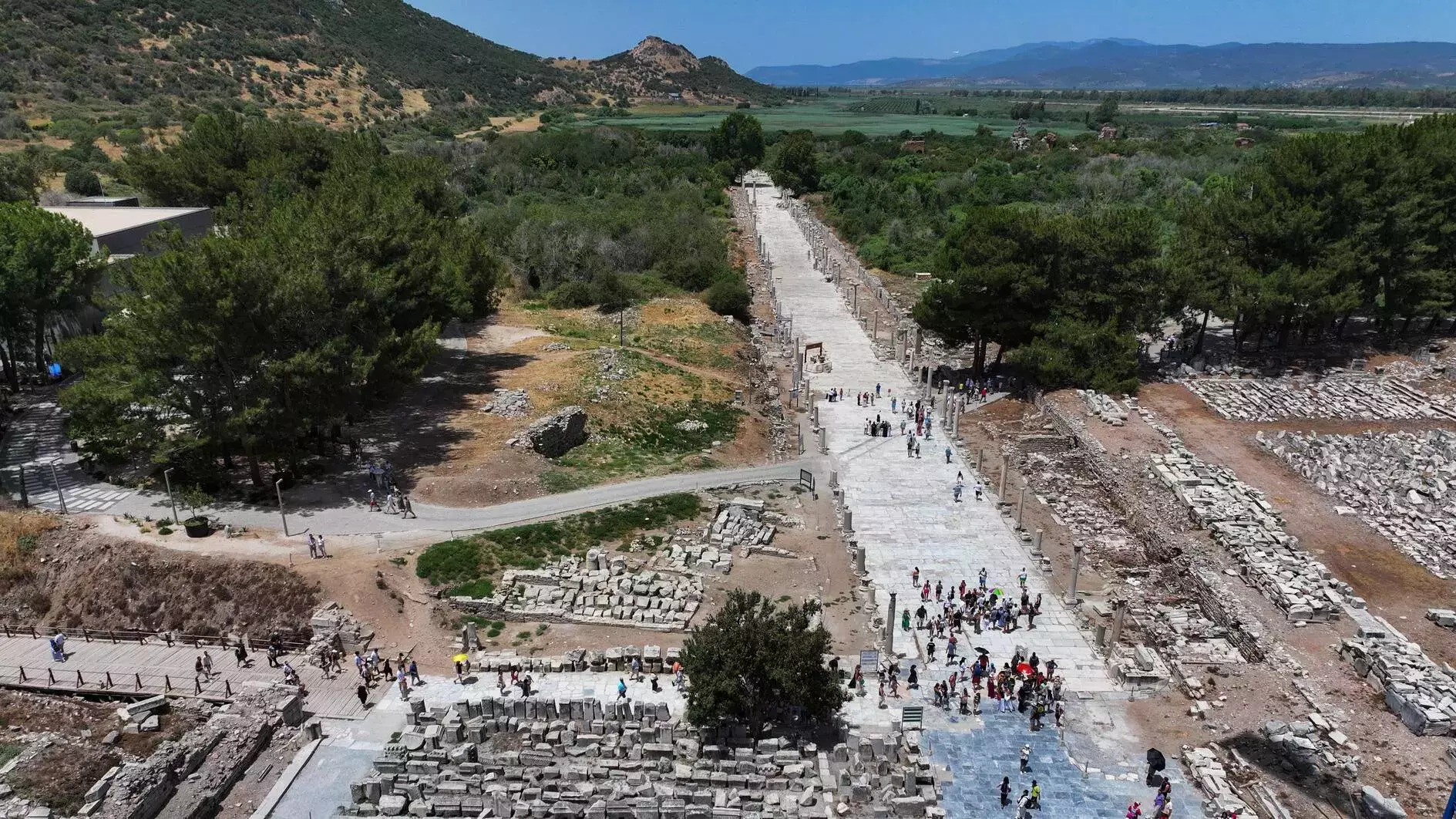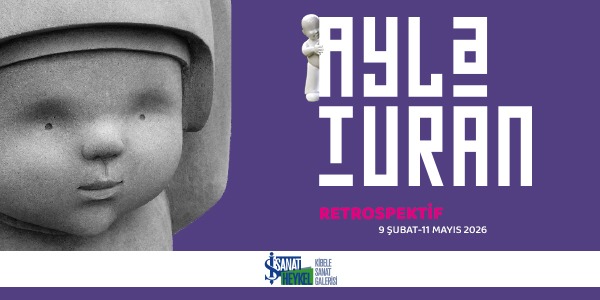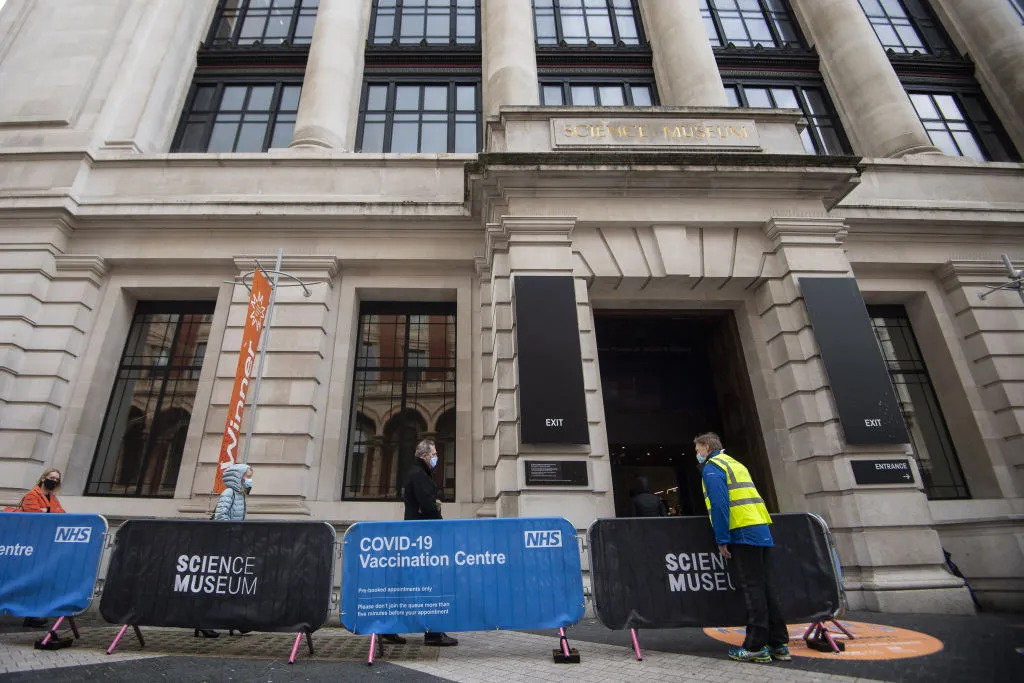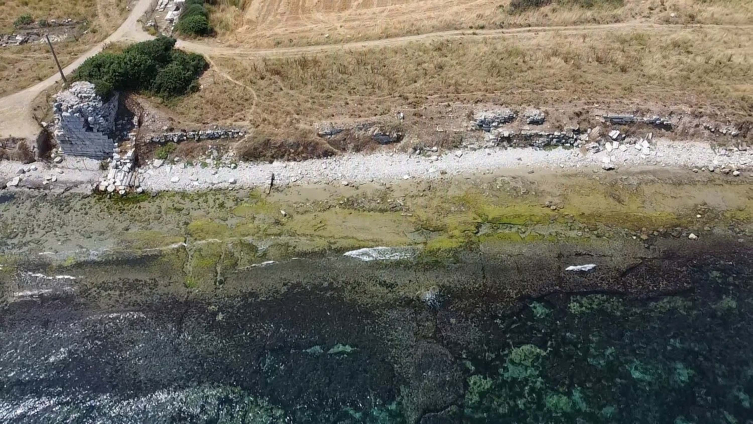Archaeologists have unearthed the Koressos gate, one of the three main entrances to the ancient city of Ephesus, a once-thriving hub of trade and tourism.
This discovery is a significant milestone in the ongoing excavation efforts within the ancient site, located within the borders of İzmir in western Türkiye.
The project involves both local and international scientific teams working to uncover the city’s historical treasures. The Koressos gate complements the previously identified Magnesian and Harbor gates.
“This is a very important excavation site. Ephesus had three significant gates, and the Koressos gate was the third major gate,” said Martin Steskal, the site’s excavation director and a lecturer at an archaeological institute affiliated with the Austrian Academy of Sciences. “We will continue working here throughout the summer. Afterwards, the examination of the artifacts found will continue.”
Serdar Aybek, the project’s coordinator, mentioned that the primary goal is to uncover and open the city’s monumental structures to visitors. “We have started cleaning work in the central points of the ancient city and its monumental structures,” he said.
Aybek, a professor from İzmir’s Dokuz Eylül University, noted that significant progress has already been made in areas such as Harbor Street, also known as Arcadian Street, the first place where visitors arriving by sea would enter Ephesus, and the Vedius Gymnasium, a historical site for both sports and cultural education.
“The excavations in the ancient city of Ephesus have been an ongoing project for many years. We aim to strengthen this work with the Austrian Archaeological Institute. We act jointly and work in harmony,” he added.
Ephesus, an ancient Greek city on the coast of Ionia, was established in the 10th century BC by Attic and Ionian Greek colonists on the site of the former Arzawan capital Apasa. The city came under the control of the Roman Republic in 129 BC.
Meanwhile, Culture and Tourism Minister Mehmet Nuri Ersoy highlighted a new initiative to open ancient ruins and museums to visitors at night. “It allows our guests and visitors to explore after sunset, avoiding the intense summer heat,” Ersoy said during a visit to an excavation site in Antalya on July 12. “We receive very positive feedback from both tourists and shopkeepers. Both the number of daytime visitors and night visitors have increased.”
The night museology initiative spans from Troy in the northwestern city of Çanakkale to İzmir’s Ephesus, Hierapolis in Denizli, and several frequently visited ruins along Antalya’s Mediterranean coast.










